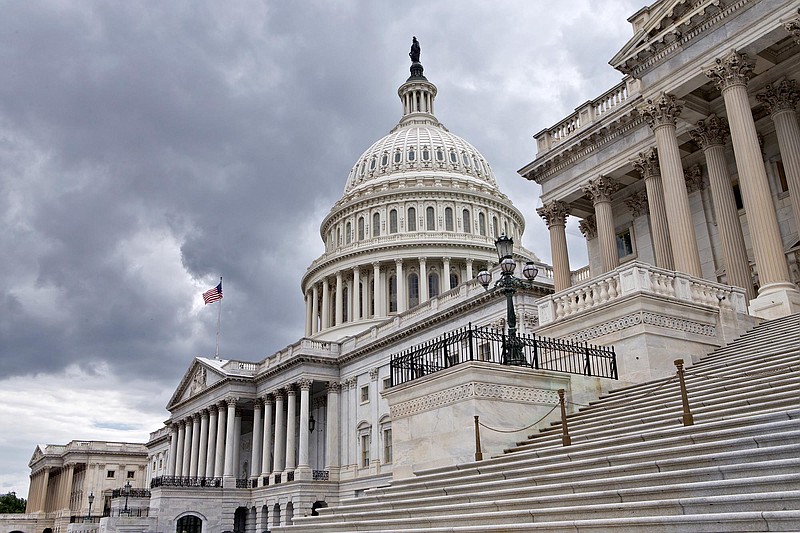How much power do we want our government to have and how much influence do we want to give politicians, those public servants we elect to create the laws that are interpreted by our judiciary (sometimes by activist judges and sometimes by strict constructionists)? Do we want our government to do more than just assist those who cannot do for themselves or engage in functions specified in our Constitution?
The answers to these questions form the differences between our political parties, the people we elect and how our government is run.
We were reminded of the importance of differing views of governmental power over the past few months while watching the sad situation in Liverpool, England, involving the care and death of Alfie Evans, a boy born seemingly healthy in May 2016, who later developed a never-diagnosed neurological disorder that became terminal.
In Britain, citizens receive their health care through the National Health Service, a single-payer, universal health insurance program. The government runs the program and pays for all care administered to patients. The government also makes the rules and decisions about health care services.
The Alder Hey Children's Hospital was the facility where Alfie lay in a semi-vegetative state until his death. Doctors made the decision April 23, according to Vox.com, to halt life support measures based on the belief it was "unkind and inhumane" to keep the toddler alive through artificial means. This was after the original petition to the courts in December to stop all care. The heated legal battle raged on, with Tom Evans and Kate James, Alfie's parents, begging to transport their son to another country for medical intervention, specifically Italy, which had granted Alfie citizenship.
Not only did the British government deny the parents any rights to seek interventions for their son and stop his artificial ventilation, but the NHS stopped his food. After life support was removed, Alfie lived for five more days. Posts on Twitter revealed that food was withheld, with only water provided to the 23-month-old after protests from the family.
This is not the first time care was rationed in England. Remember Charlie Gard, the infant with a similar story to Alfie who died just before he turned 1?
A government withheld food and care from a toddler who was no longer deemed a self-sustaining economic or societal unit. So, why do we keep criminals alive on death row for years, even after DNA evidence proves their guilt? And, exactly when (and by whom?) will the elderly and mentally ill be determined to be unviable or a drain on our government resources?
Regrettably, at some point, relying too heavily on one's family became socially scorned or backward. Now, governments have filled the role of family, and we have amoral dependency in too many aspects of our lives.
This year is an important election year. Carefully examine whether the policies supported by your candidate or your party champion independence, self-reliance and liberty, or whether the policies they support empower the state to have control over you and every area of your life. It matters very much who governs.
Robin Smith, a former chairwoman of the Tennessee Republican Party, owns Rivers Edge Alliance.

